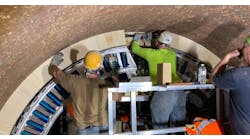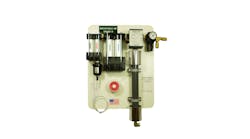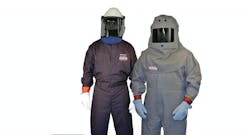Erie Coke Corp., a merchant producer of metallurgical coke for foundries and steelmakers, has been granted a temporary stay from a shutdown order issued by Pennsylvania’s Department of Environmental Protection. On May 24, regulators cited the plant in Erie, PA, for violating state environmental laws, revoked its air-quality permit, and ordered the company to cease operations within 72 hours.
A subsequent stay of the order extended the deadline until June 1, and later a state judge ruled that the company may continue to operate until June 18 while its appeal is being heard. Erie Coke has not commented on the developments.
Erie Coke operates two coke batteries with total of 58 ovens, both of which were installed more than 50 years ago.
The closing order was described as a last resort by the Dept. of Environmental Protection’s Northwest regional director. "We've tried to work with the company to correct multiple ongoing environmental violations so that it could maintain and operate a clean and safe plant that meets the letter of the law," Kelly Burch stated in a release.
"Since 2006, DEP has inspected Erie Coke's facility numerous times. Those inspections have revealed a pattern of defiant behavior and complete disregard for the health of our citizens and the quality of our natural resources. Our inspections indicate that the coke ovens at the facility are cracked and emitting pollutants," she continued.
The agency said the company’s ownership has shown little intention to correct violations that led to several previous citations. The same ownership group controls Tonawanda Coke Corp. near Buffalo, NY, which is similarly under scrutiny for operating in violation of state and federal environmental laws.
In 2008, Pennsylvania ordered Erie Coke to comply with the state’s Air Pollution Control Act and its air-quality permit, and fined the company $6.1 million for emissions violations.
In 2009, state regulators ordered the company to test emissions from the batteries, claiming it had failed to completely monitor its equipment. Both prior citations have been appealed.
Later in 2009, the U.S. Environmental Protection Agency and the Pennsylvania DEP sued Erie Coke, alleging that visible air emissions at the plant’s coke ovens exceed legal limits and that the ovens are not properly maintained and operated.
In March 2010, the plant emitted a coke oven gas and coke breeze, drawing new attention to its operations.








